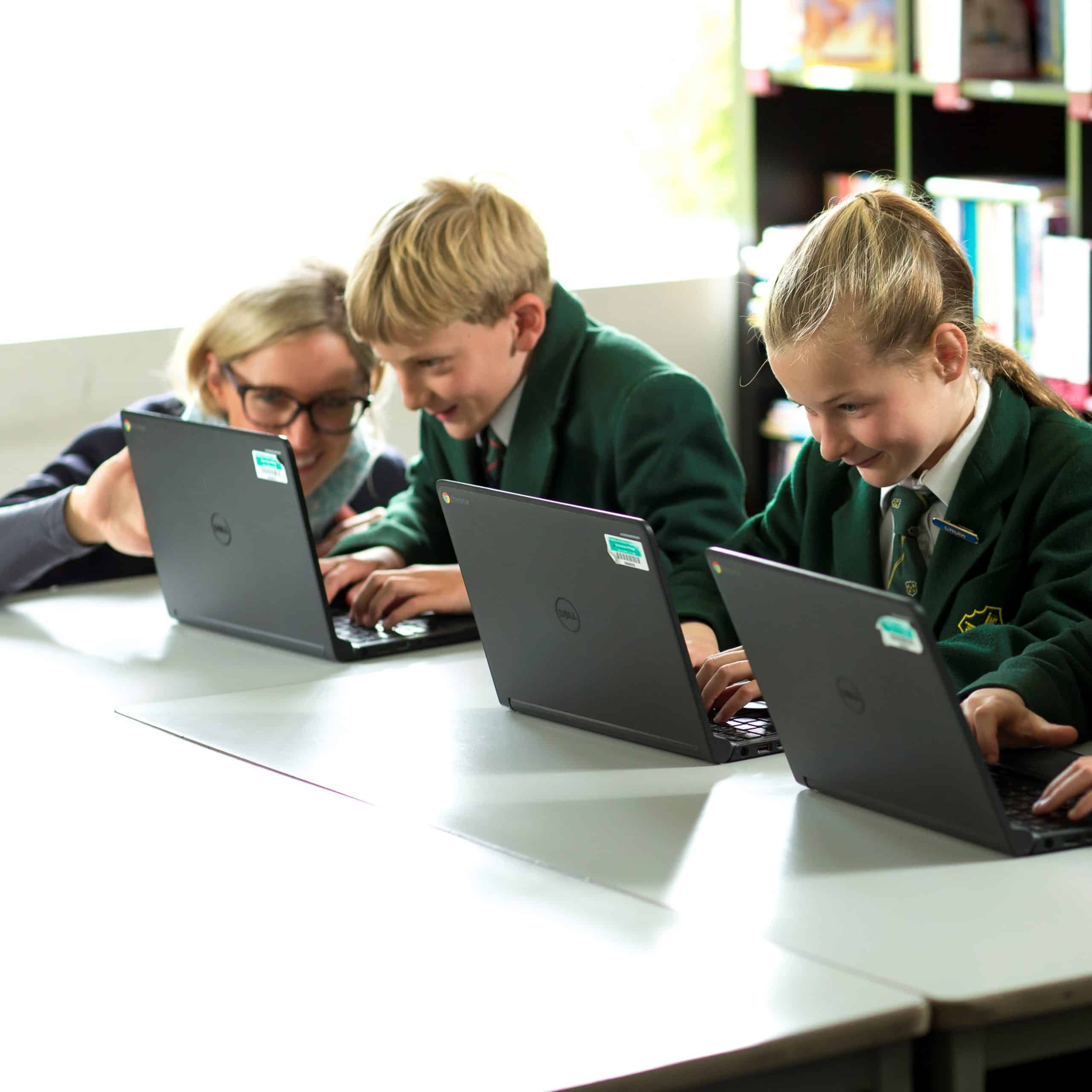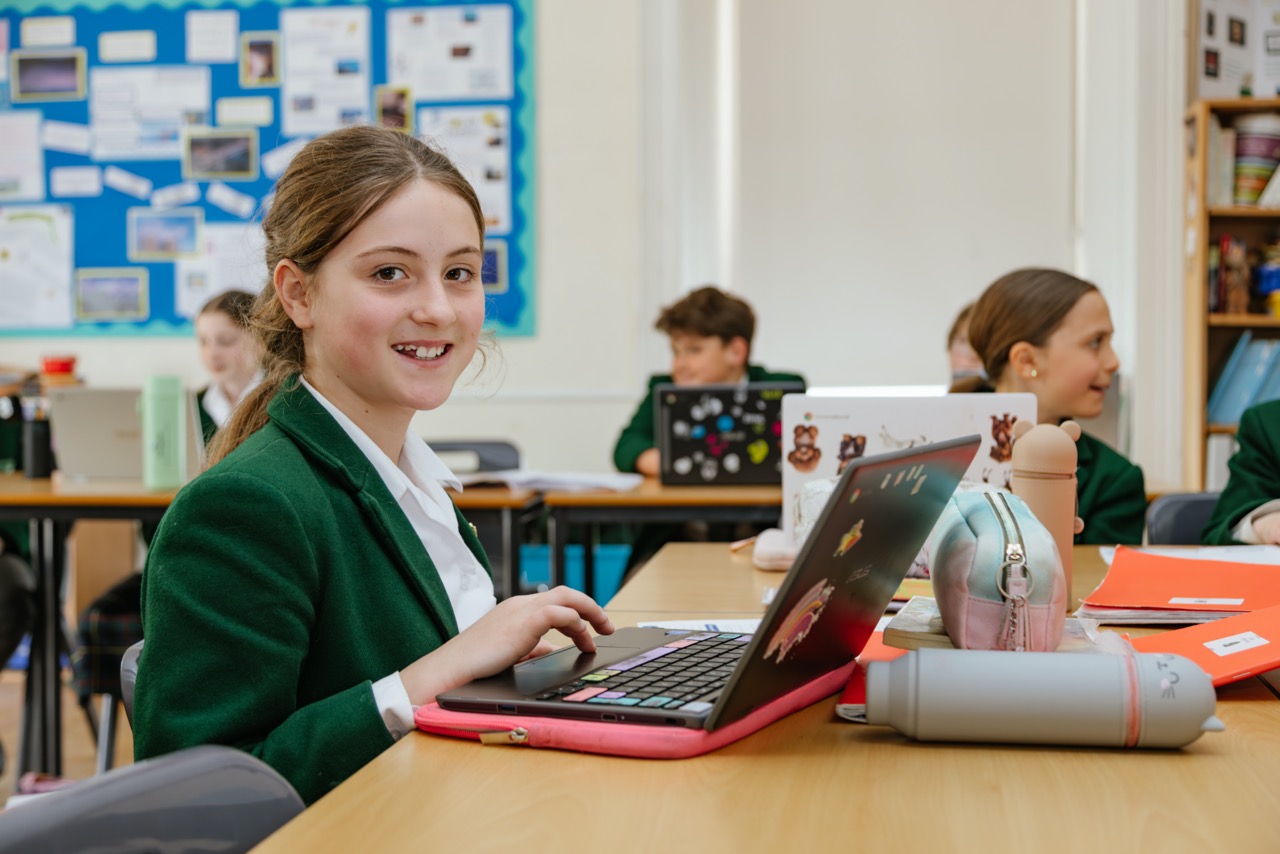Screen time is the time spent each day using devices such as TVs, smartphones and tablets. As screens are becoming a bigger part of daily life, and children are accustomed to using them from an early age, there have been several concerns about how they affect sleep, physical activity and mental health.
Guidelines
New guidelines released at the beginning of 2019 suggest that parents should worry less about the time children spend looking at devices. Leading paediatric experts have stated there is little evidence to indicate that screens are harmful to children, though using screens in the hour before bed should be avoided. The guidelines also say to avoid setting limits on the time spent using screens, though they shouldn’t replace spending time with family or exercising. This change comes after reports that limiting screen time leads to better cognition for children.
The new guidelines have been produced by the Royal College of Paediatrics and Child Health. It stated there was no good evidence that it was “toxic” to children’s health to spend time in front of a screen. However, there were associations found between obesity and depression and more screen use, but the college said it was not clear whether screen time caused these problems, or if people with these problems spent more time looking at a screen.
The officer for health promotion at the college, Dr Max Davie, said phones and computers offered children a “great way to explore the world” yet parents were sometimes made to feel screen use was wrong. Parents asking themselves questions such as “does screen use interfere with family time and activities” or “is screen use interfering with sleep” can help determine if there are any concerns.
Not being worried about the answers to these questions and being happy with the way your children use screen time allows you to get on with life. But if you do find there are issues, it could be screen time is playing a part.
Parent’s Role
Some parents may feel the guidelines do not do enough, as they have found screen time damages performance at school, and limiting it can help. There is also a concern about the advertising seen on screens which can lead to a higher intake of unhealthy foods. Advice offered for parents was to stop screen time during meals, making meals family time. Parents should also look at their own use to set an example.
The main issue put forward by the college was that using screens before bed can harm sleep. Devices affect the brain, and the blue light can disrupt the release of the sleep hormone, melatonin. Though there are night modes on several devices, there is no way to know if they are effective. The most efficient course of action is to avoid using devices for an hour before bed, something that shouldn’t just be applied to children, but adults as well.
Benefits
There are many benefits to using screens, particularly for visual learners as it helps them retain information. The games and puzzles available on screens also mean children can do brain-teaser games and improve their abilities.
The various software and apps that are readily available on laptops and phones also can help children learn new things, from video-editing, learning languages and other creative skills.
At St Peter’s Prep, a private school in Devon, we are committed to ensuring our pupils have the best learning experience and work closely with parents over any concerns they may have, be it about screen time at school, their learning style or more.









